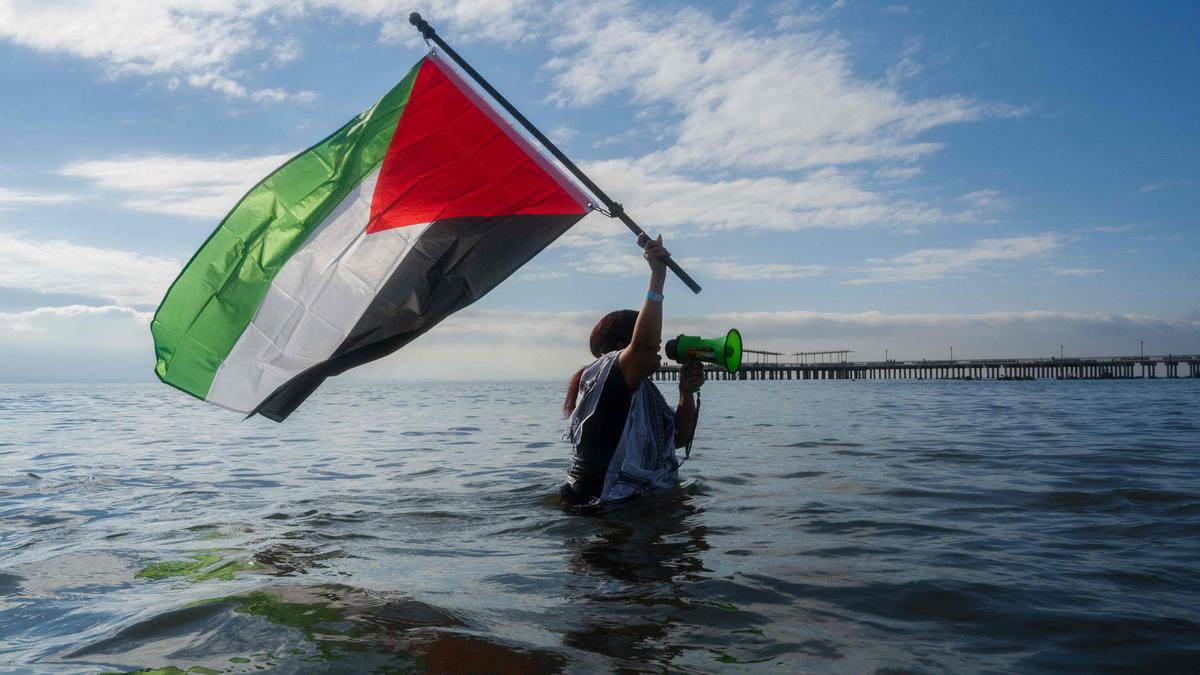
Palestine’s quest for statehood: A look at its tussle with Israel, recognition by countries and India’s stance Premium
The Hindu
Palestine’s quest for statehood has grown closer to reality in the wake of Israel’s war on Gaza. Here’s a look at how Palestine fought a ‘British mandate’ in 1947, repeated annexations by Israel to seek membership in the United Nations.
The story so far: Even as Israel continues to attack Southern Gaza’s Rafah, three European nations — Norway, Spain and Ireland — announced their formal recognition of Palestine as a state on May 22. The recognition is expected to take place on May 28. All three countries have urged Israel and Hamas to agree to an immediate ceasefire and allow aid to flow uninterrupted to Gaza.
Ireland’s Prime Minister Simon Harris likened Palestine’s struggle for statehood to Ireland’s fight for Independence from British rule, saying “Today, we use the same language to support the recognition of Palestine as a state” at a Dublin press conference. Ireland also recognised Israel’s right to “exist securely and at peace” with its neighbours, advising against Tel Aviv’s incursion into Rafah and rocket attacks by Hamas and Hezbollah.
Norewegian Prime Minister Jonas Gahr Støre said there was only one solution for Israelis and Palestinians alike: two states, living side by side, in peace and security. Similarly, Spain’s Prime Minister Pedro Sanchez noted that recognising Palestine was a step in favour of “peace, justice and moral consistency” and not against Israelis.
With the addition of these three nations, 146 of 193 nations in the world now recognise Palestine as a state. In the wake of Israel’s war on Gaza this year, Bahamas, Trinidad and Tobago, Jamaica and Barbados have recognised Palestine as a state. Countries which have not recognised Palestine’s statehood include the United States, Canada, France, Germany, Australia, Italy, United Kingdom and Japan.
Here’s a look at Palestine’s quest for statehood, the countries which recognise it and India’s stance on the two-state question.
1922- 1948: British Mandate and Jewish migration to Palestine
In 1922, the British established a ‘mandate’ expressing support for a national home for Jewish people in Palestine, leading to large-scale migration of Jews from Eastern Europe towards Palestine. The numbers swelled in 1930s and 1940s during the Nazi regime and the World War; the immigrant inflow was opposed by the Arabs who demanded independence for Palestine. Amid continued violence, calls for partition and independence, the British who were ruling the area, roped in the United Nations (UN) to resolve the issue.











